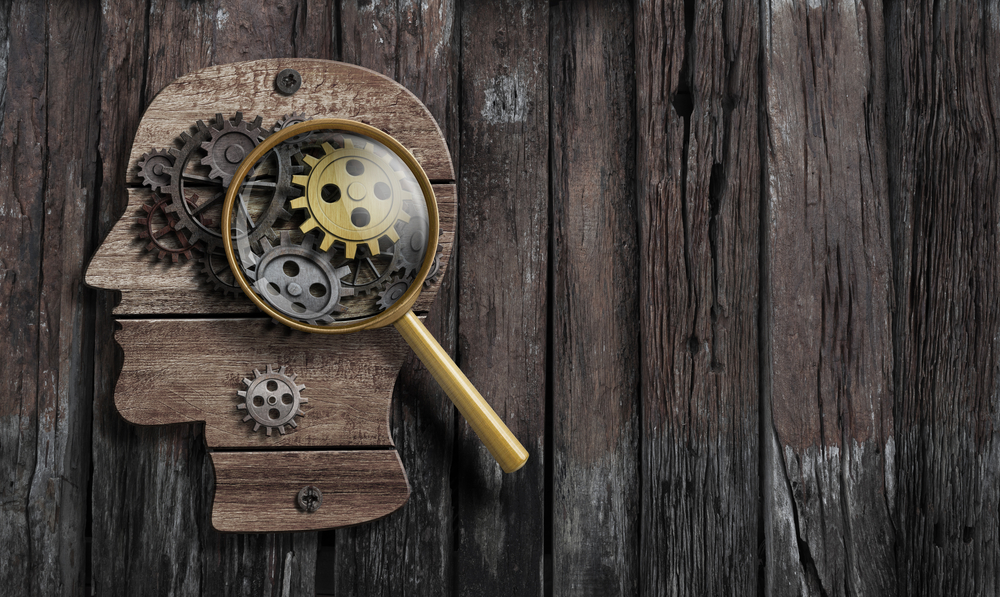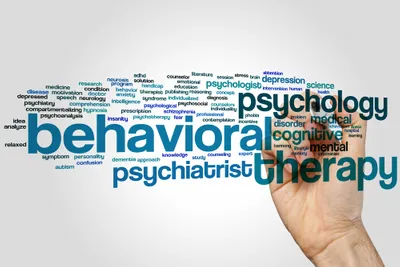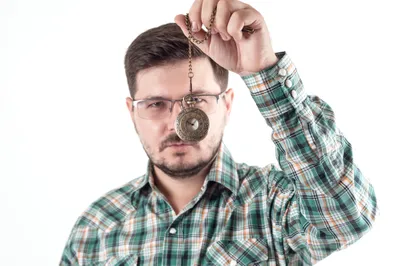Most of us are familiar with amnesia, which is generally defined as memory loss, and its causes, from brain injury to alcoholism to dementia to mental health trauma (such as post-traumatic stress disorder). But there’s much less knowledge when it comes to the various treatment options available to people suffering from significant memory loss.
The good news is that there are a number of unique treatment options available to those dealing with amnesia. Some, such as cognitive behavioral therapy, target underlying behaviors and mental health conditions. Others, such as medications, are designed to help when brain trauma or dementia are involved. As with any mental or physical health condition, it’s important to discuss these treatment options with your physician before trying any of them.
1. Cognitive behavioral therapy
The most popular treatment option for individuals struggling with amnesia is cognitive behavioral therapy, which can be loosely defined as a playbook of strategies and tactics focused on enhancing concentration, managing time, and improving decision-making. It can also be used to help mine the brain for lost memories and help determine how an individual may have developed amnesia in the first place.
Cognitive behavioral therapy can be conducted by several different types of specialists, from general practitioners to psychologists, psychiatrists and social workers. Your family doctor can help you determine which choice is right for you and your condition.
2. Occupational therapy
Occupational therapy is about helping people perform basic lifestyle activities by focusing on an individual’s perception, cognition, and vision. The goal of all occupational therapists is to help people thrive in their day-to-day lives through the assessment and treatment of functional difficulties.
Often, these difficulties are the result of a serious injury (for example, occupational therapists often spend time helping veterans manage and overcome injuries sustained in combat). This isn’t just about targeting physical injuries, though — occupational therapy is also used to help treat mental health problems, such as amnesia and memory loss. Your family doctor can explain the benefits of occupational therapy for your specific condition.
3. Hypnosis
When other treatment options fail, some amnesia patients turn to hypnosis. This is because, by using relaxation techniques, a hypnotist has the potential to help an individual dig into their mind in order to recover the past and crucial memories, such as one’s name, occupation, key relationships, and health conditions.
That said, it’s important to remember that, while hypnosis can help one recover some of their more cherished or important memories, it can do little to target and treat underlying health conditions, such as brain injury. Physicians must play an important role in acknowledging the limitations of hypnosis.
4. Computer software
Currently there are a number of computer applications designed specifically for helping amnesia patients recover
lost memories. These applications, which are available for a range of tech devices (from PCs to tablets and smartphones), can help trigger memories and may be able to help people with mild or moderate amnesia piece together past events, places, names, etc.
This kind of software can also be useful for people struggling with dementia and steadily worsening memory. For example, it can help individuals with memory loss schedule important daily events, such as when to take medication, pick up the kids, or contact friends, family or colleagues.
5. Medications
A number of new and emerging medications are designed to help rebuild parts of the brain linked to amnesia and memory loss. Some of these medications are designed specifically for dementia patients, while others focus more on helping people who have suffered a significant brain injury.
Unfortunately, there is no single medication capable of helping someone with significant amnesia recover all of their lost memories. Instead, treating amnesia often requires taking a range of medications that, together, may be able to help an individual overcome problems with memory.
6. Dietary changes
A number of supplements have been shown to help amnesia patients recover lost memories. For example, some patients suffering from amnesia have experienced success by adding more thiamin to their diet.
Recovering lost memories may also require avoiding some problematic foods and beverages. Generally, physicians recommend patients avoid consuming much (or any) alcohol and stick to a healthy diet consisting of lean protein, fruits and vegetables. That said, amnesia patients should note that dietary changes are unlikely to drastically improve their condition unless their memory loss can be directly tied to consumption (such as excessive intake of alcoholic beverages).









